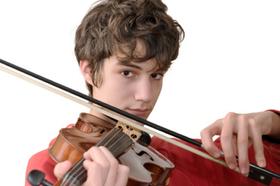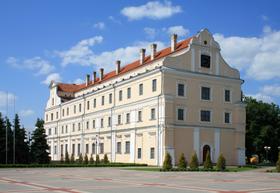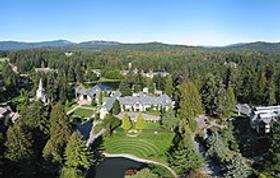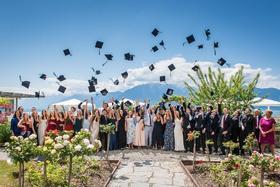Choosing a boarding or private day school is a process involving several steps. Fortunately for you and me, the web makes the first step a whole lot easier. Sites like Boarding School Review and Private School Review take the work out of finding schools. Use our Applications Calendar to keep you organized.
Step 1: Identify Schools
Let your imagination and wishes run wild at this stage. Look at any and every school which catches your fancy. Take time to really explore each school's website. Many of them have excellent video tours. Read what the students have to say about their school. Both Boarding School Review and Private School Review have student comments. Many school websites have comments as well, although you probably will find that those comments are pretty positive. Boarding School Review and Private School Review do not filter student comments.
Bookmark school web addresses or swipe and paste the URLs into a spreadsheet. That makes the next step in the process really easy. You should end up with a list of 15-20 schools, but don't worry if you have more than that.
And don't worry at this stage about which school is the best one for your child. More about how to deal with that question later.
Step 2: Narrow Your List
This is one of the more time-consuming parts of the process of choosing a private school. Why? Because you need to sit down with your child
































































